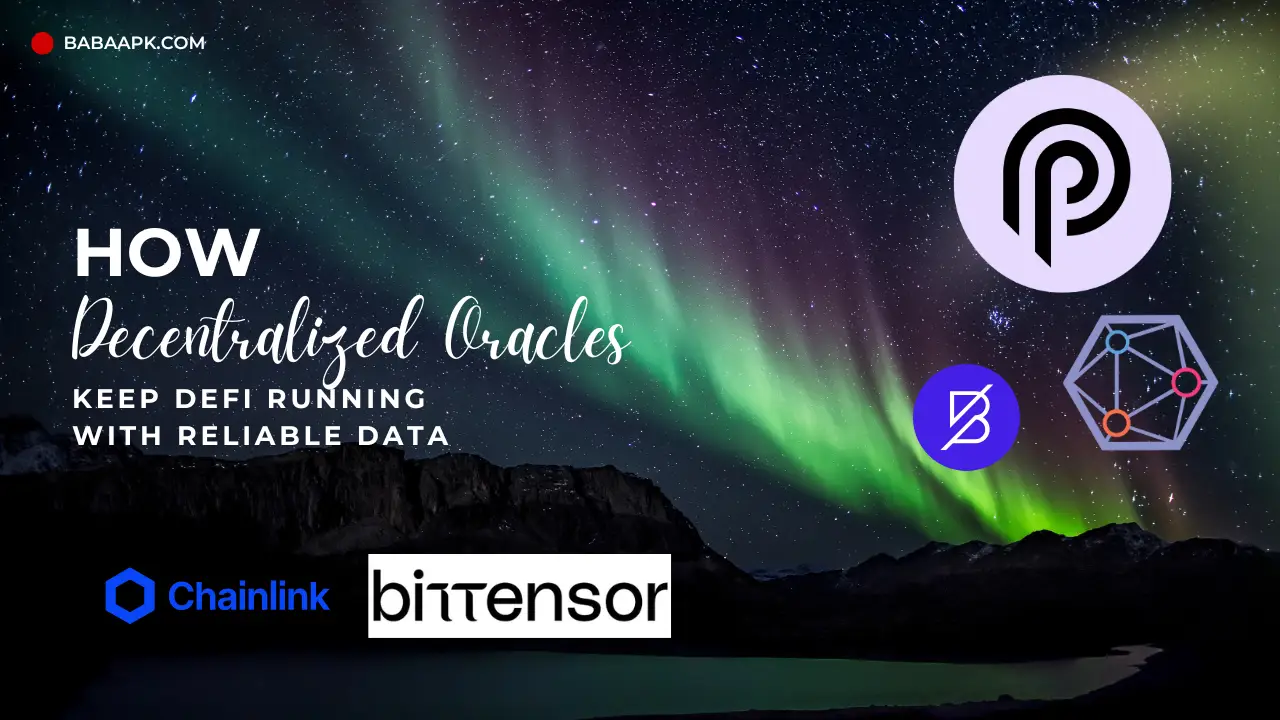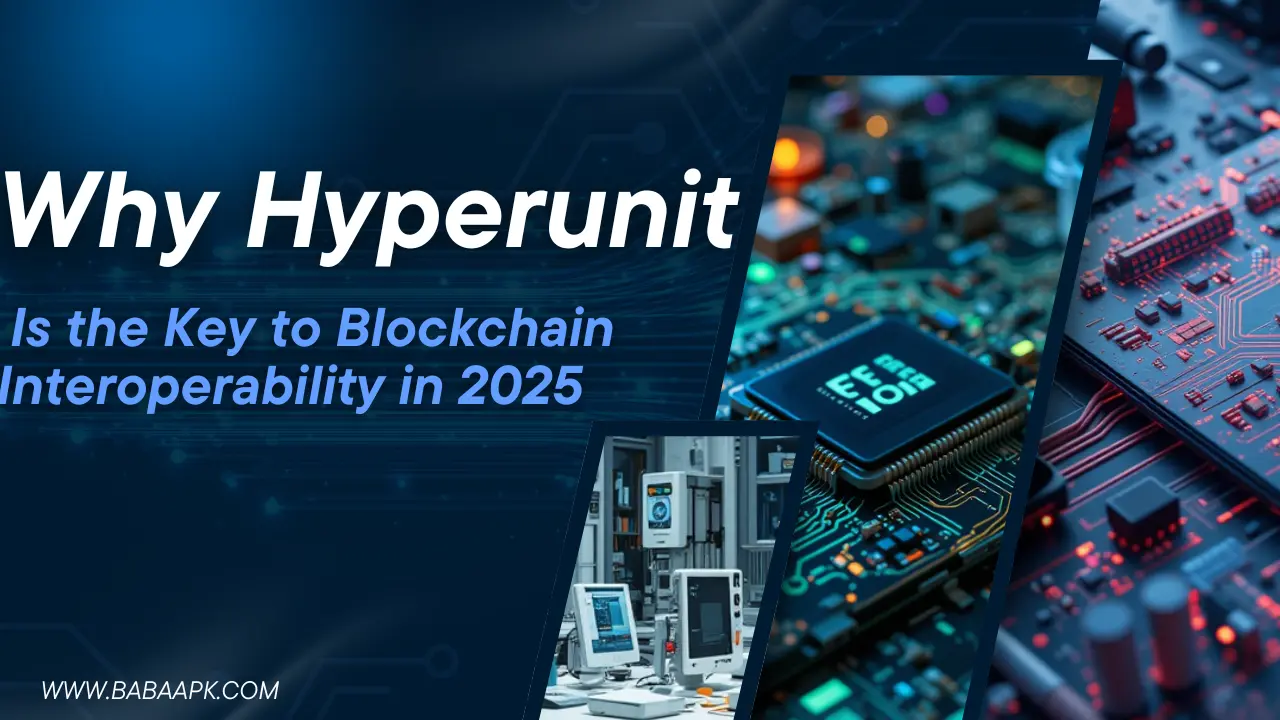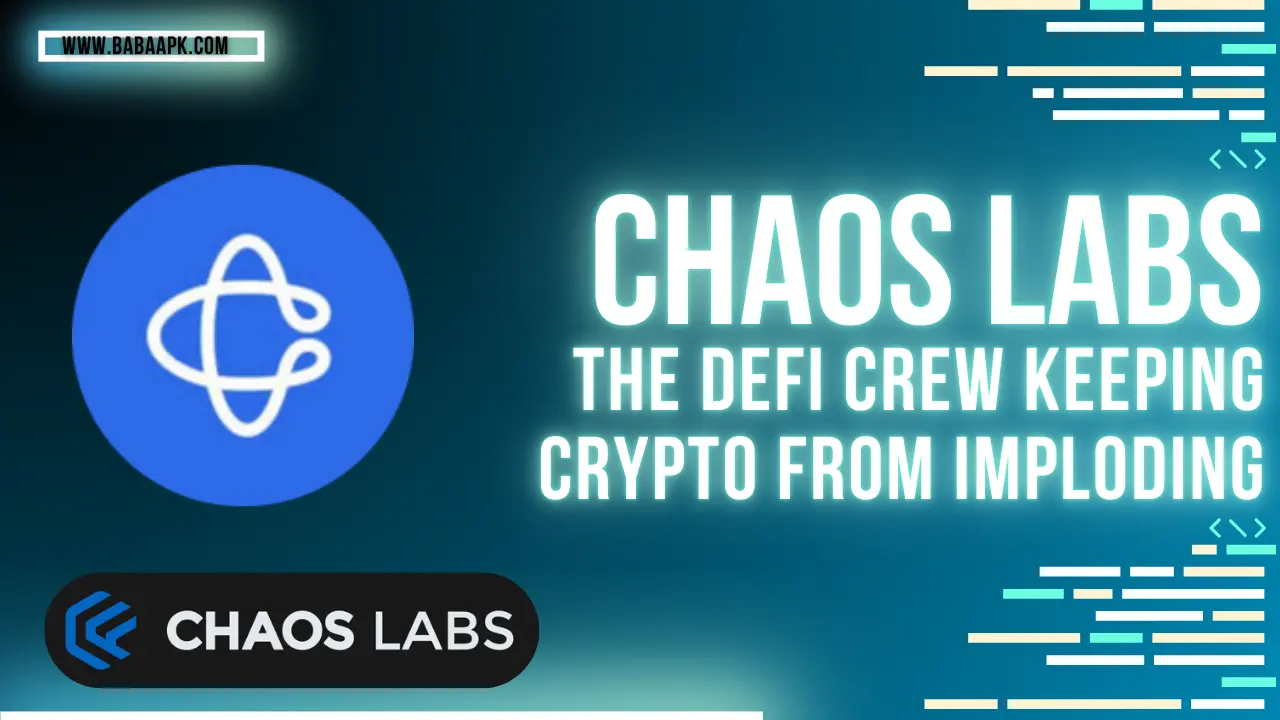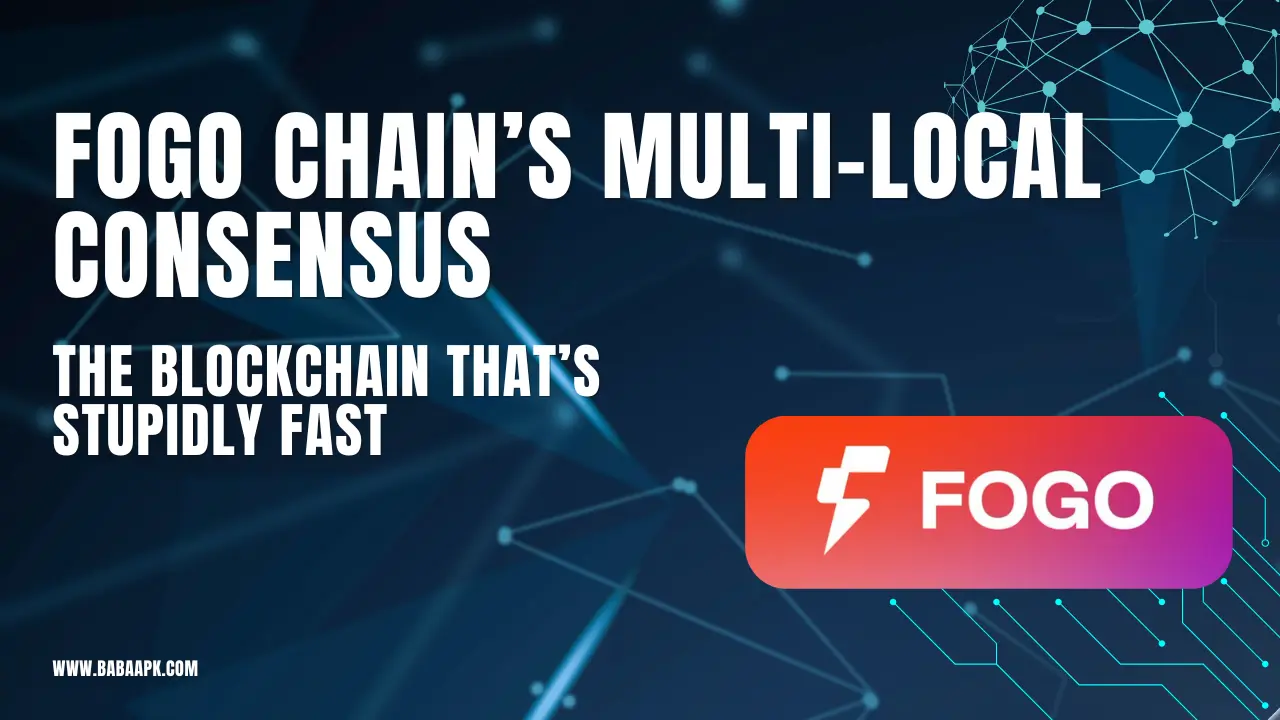DeFi (Decentralized Finance) is changing the way people interact with money. No banks, no middlemen—just smart contracts running on blockchain. But there’s one big problem: blockchains can’t pull in real-world data on their own. That’s where decentralized oracles come in. They act like bridges, bringing external data to DeFi protocols so everything runs smoothly.
Without reliable oracles, DeFi wouldn’t work. Imagine a lending platform that doesn’t know the actual price of Bitcoin. Or a derivatives market making trades based on outdated numbers. That’s a disaster waiting to happen. In this post, we’ll break down how decentralized oracles provide accurate, real-time data and explore some of the biggest projects leading the space—Chainlink, Bittensor, Pyth Network, XYO, and Band Protocol.
What Are Decentralized Oracles, and Why Do They Matter?
Think of a blockchain like a closed-off computer. It doesn’t have internet access, so it has no way of knowing what’s happening in the real world. Oracles fix this by fetching, verifying, and delivering off-chain data to smart contracts.
But not all oracles are created equal. A centralized oracle relies on a single source of truth. If that source gets hacked or manipulated, the whole system collapses. That’s a huge risk, especially in DeFi, where millions (sometimes billions) of dollars are on the line.
Decentralized oracles solve this problem. Instead of trusting one data provider, they gather information from multiple sources, verify it using a distributed network, and deliver the final result in a trustless way. This makes them resistant to manipulation, censorship, and single points of failure.
Here’s why decentralized oracles are a must-have in DeFi:
✅ Accurate Prices – Prevents price manipulation on DEXs and lending platforms.
✅ Security – Eliminates a single point of failure.
✅ Real-Time Updates – Ensures trades and liquidations happen based on up-to-date data.
✅ Cross-Chain Support – Bridges data across different blockchains.
Now, let’s dive into the top decentralized oracle projects powering DeFi today.
🚀 The Top Decentralized Oracle Networks
1. Chainlink (LINK) – The Industry Standard
When people think of decentralized oracles, Chainlink is the first name that comes up. It’s the most widely used oracle network in DeFi, securing billions of dollars across protocols like Aave, Synthetix, and Compound.
How does it work? Chainlink pulls data from multiple sources, verifies it through independent node operators, and delivers it to smart contracts. This eliminates reliance on a single data provider and ensures trustworthy information.
🔹 Why Chainlink Stands Out:
- Pulls data from multiple sources to prevent manipulation.
- Uses a decentralized network of nodes to ensure accuracy.
- Secures over $20 billion in DeFi assets.
If you’ve used DeFi, chances are you’ve interacted with Chainlink’s data without even knowing it.
2. Bittensor (TAO) – AI Meets Blockchain
Bittensor is shaking things up by combining AI with decentralized oracles. Instead of just fetching financial data, Bittensor’s network leverages machine learning to provide predictive analytics and deeper insights for blockchain applications.
Think of it as an oracle with intelligence—it doesn’t just relay raw data, it helps analyze trends and risks using AI models.
🔹 What Makes Bittensor Different?
- Uses AI-powered oracles instead of just raw price feeds.
- Decentralized machine learning for better data insights.
- TAO token incentivizes participation in the network.
As AI becomes more integrated into Web3, Bittensor could change how DeFi protocols make decisions.
3. Pyth Network (PYTH) – Institutional-Grade Market Data
Unlike most oracles that pull data from public APIs, Pyth Network gets its price feeds directly from institutional traders and exchanges. This means low-latency, high-precision data—crucial for DeFi protocols dealing with high-speed trading and derivatives.
Pyth operates on a pull-based model, meaning smart contracts request data when needed, ensuring real-time accuracy.
🔹 Why Pyth Stands Out:
- Partners with top trading firms and exchanges.
- Delivers real-time, high-frequency price updates.
- Optimized for DeFi derivatives and options markets.
For anyone trading on-chain options or futures, Pyth Network is a game-changer.
4. XYO (XYO) – The Oracle for Location-Based Data
XYO is a unique oracle that specializes in geospatial (location-based) data. While most oracles focus on prices and market feeds, XYO brings real-world location verification to blockchain applications.
This is useful for things like supply chain tracking, logistics, and proof-of-location smart contracts.
🔹 What Makes XYO Special?
- Provides location-based data to smart contracts.
- Uses independent node operators for trustless verification.
- Integrates with industries like shipping, logistics, and insurance.
Imagine verifying if a shipment actually arrived where it was supposed to—without needing a middleman. That’s what XYO enables.
5. Band Protocol (BAND) – Cross-Chain Oracle Solution
Band Protocol is a faster, cheaper alternative to Chainlink, built for cross-chain compatibility. Instead of relying on Ethereum, Band runs on its own blockchain, which makes it more scalable and cost-effective.
It’s designed to serve multiple blockchains, making it a go-to option for multi-chain DeFi applications.
🔹 Why Band Protocol is Gaining Traction:
- Works across multiple blockchains (Ethereum, BNB Chain, Cosmos, etc.).
- Uses a delegated proof-of-stake (dPoS) system for security.
- Allows developers to create custom oracles for specific needs.
For projects looking to integrate oracles without high gas fees, Band is a strong alternative.
🔮 The Future of Decentralized Oracles in DeFi
Decentralized oracles are becoming more advanced, and we’re starting to see new innovations shaping the space:
⚡ AI-Powered Oracles – Bittensor is leading the way in merging AI with blockchain.
⚡ Cross-Chain Data Transfers – More interoperability between different blockchain ecosystems.
⚡ Privacy-Preserving Oracles – Zero-knowledge proofs (ZKPs) could bring privacy to oracle data.
⚡ Community-Governed Oracle Networks – DAOs (Decentralized Autonomous Organizations) will play a bigger role in oracle governance.
The bottom line? Without decentralized oracles, DeFi wouldn’t exist. They provide the reliable, tamper-proof data that smart contracts need to function properly. And as DeFi continues to expand, oracle networks will become even more essential.
🚀 Which oracle project do you think has the most potential? Drop a comment below!





